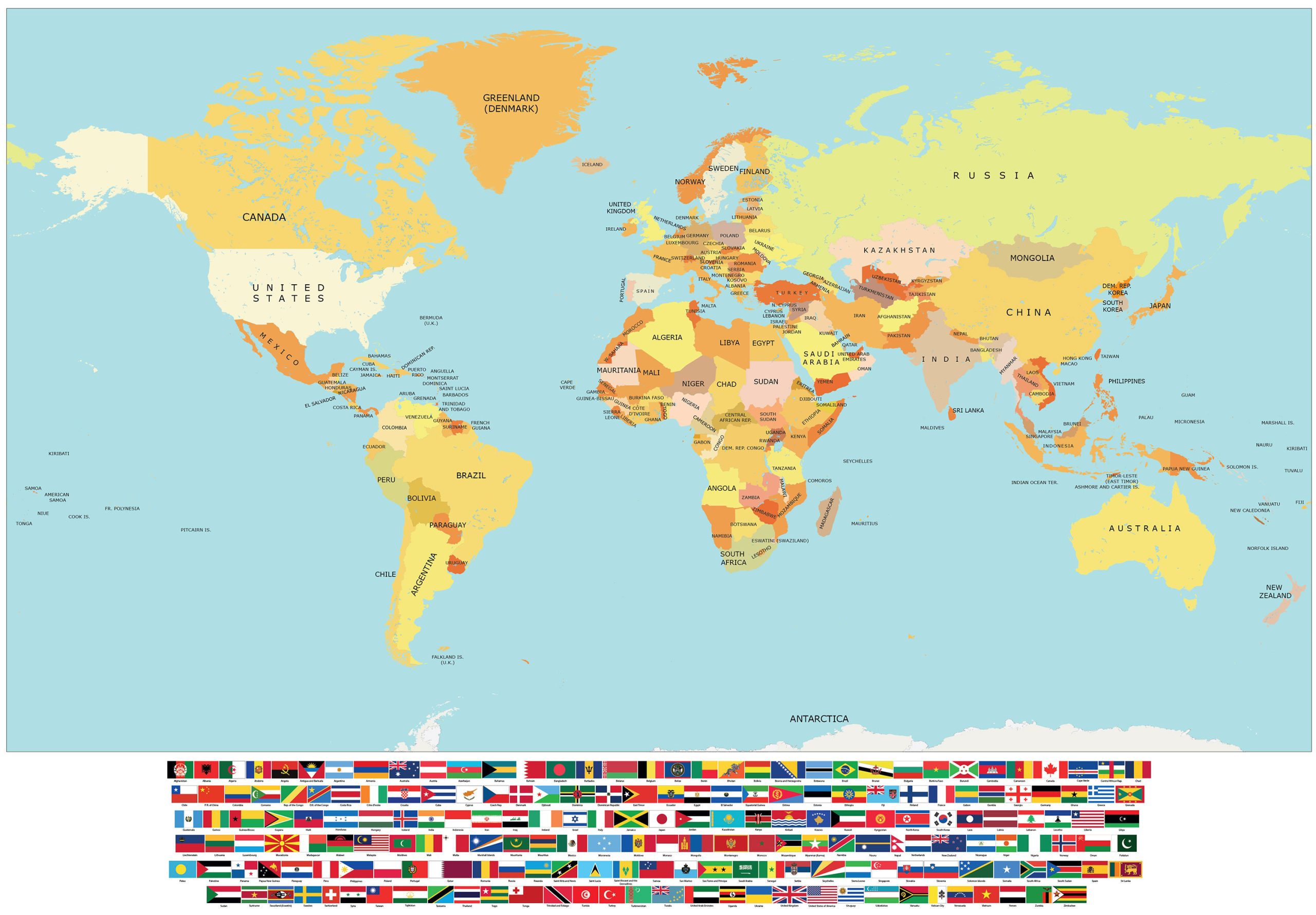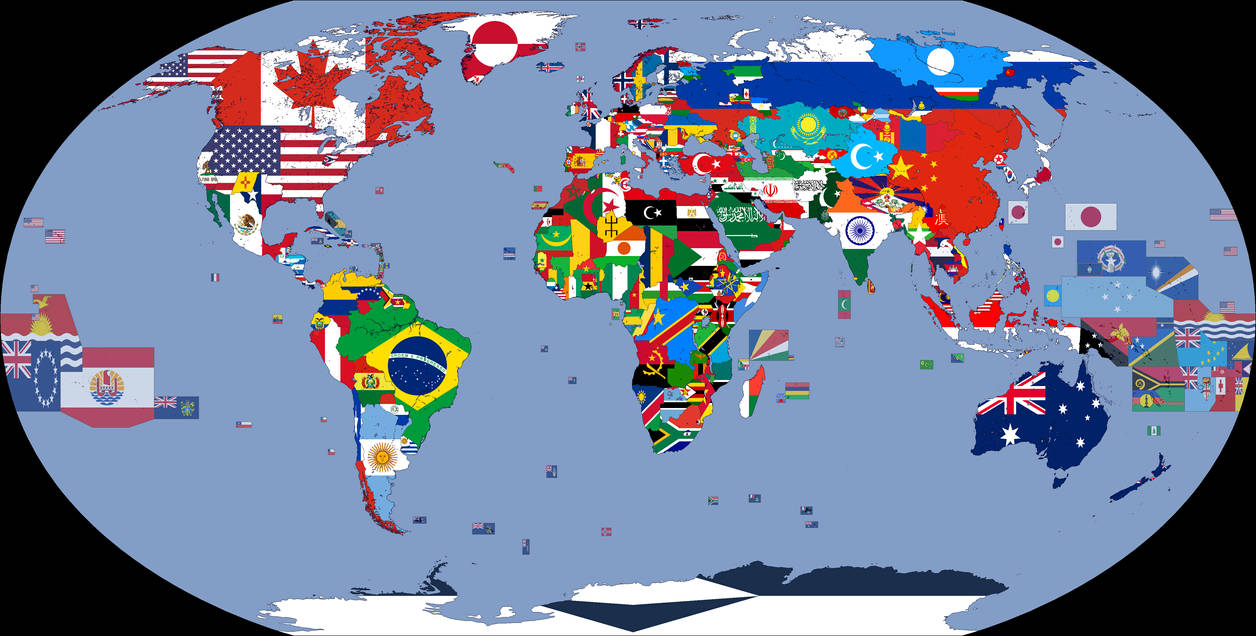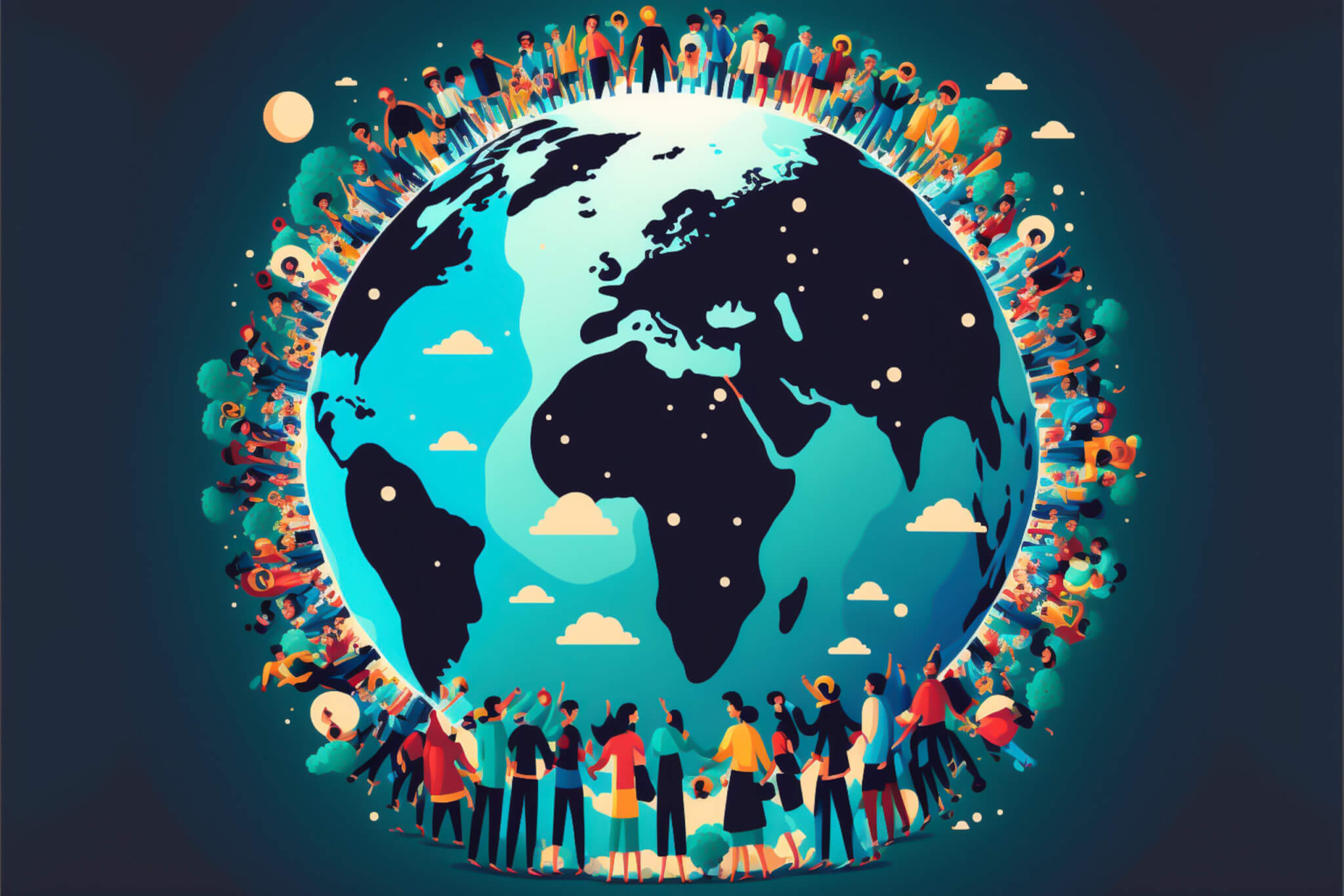Exploring The World's 50 Richest People: A Global Snapshot Of Wealth
Have you ever stopped to wonder about the individuals who hold truly immense wealth across our planet? It's a topic that, you know, sparks a lot of curiosity, isn't it? We often see headlines about staggering fortunes, and it's almost like a glimpse into a different kind of world. This discussion isn't just about the numbers, though; it's also about the stories, the drive, and the sheer scale of influence these people often possess.
So, we're going to take a look at the world's 50 richest people, not just as a list, but as a way to think about how wealth is made and what it means on a global scale. It's really about understanding the forces that shape fortunes, and how these individuals, in a way, connect to so many aspects of our lives, from the brands we use to the news we see.
This isn't just about who has the most money. It’s about asking some of the hard questions, bringing a unique perspective from across the globe, and seeing how these fortunes fit into the bigger picture. We'll explore the businesses behind the world's brands, and how these figures, you know, often stand at the very top of those structures.
Table of Contents
- Who Are the World's Richest People?
- How Do They Build Such Vast Fortunes?
- The Global Impact of Extreme Wealth
- What Does It Take to Join This Elite Group?
- Looking Ahead: Wealth in a Changing World
- Frequently Asked Questions (FAQs)
Who Are the World's Richest People?
When we talk about the world's 50 richest people, we are, you know, looking at a very select group. These are individuals whose net worth often surpasses the gross domestic product of small nations. It's a bit like seeing the top athletes in the world, the ones who are running, jumping, throwing, and walking their way to records; these people are at the top of their economic game. They come from all corners of the globe, too, from the Americas to Asia, Europe, and beyond, really.
Their backgrounds are actually quite varied. Some inherited wealth, but many, many others built their empires from the ground up, starting with a simple idea or a small business. You'll find a wide range of ages, too, from younger tech moguls to seasoned industrialists. It's a diverse bunch, certainly, in terms of nationality and origin, which is pretty interesting when you think about it.
These individuals are often the founders or primary shareholders of the largest and most influential companies in the world. They are the ones whose decisions, in a way, can ripple through global markets and affect countless lives. It’s a group that shifts and changes, too, as fortunes rise and fall with economic tides and new innovations.
How Do They Build Such Vast Fortunes?
So, how exactly do these individuals accumulate such staggering amounts of money? It's not just one thing, you know. It's a complex mix of factors, but there are some common threads that tend to be present. Many of them have an inside track on the world’s best business strategies, it seems.
The Innovation Engine
A significant portion of the world's 50 richest people have made their fortunes through groundbreaking innovation. They've identified needs, developed new technologies, or created entirely new industries. Think about the digital platforms that connect us, or the advancements in electric vehicles, or even, you know, how certain online shopping experiences changed everything. These are often the result of someone seeing something different and building it, which is pretty amazing.
They are, arguably, pioneers who aren't afraid to take big risks and challenge the status quo. They invest heavily in research and development, always looking for the next big thing. This constant push for something new is a very, very powerful driver of wealth, as a matter of fact, and it often changes how we live our daily lives.
Global Reach and Market Dominance
Many of these billionaires own or control companies that operate on a truly global scale. Their products or services are used by millions, if not billions, of people across continents. We're talking about businesses that have a presence in Europe, Asia, Africa, the Middle East, and the Americas, you know, just like the news channels that cover the world. This extensive reach allows them to capture massive market shares and generate enormous revenues.
They understand how to scale operations, how to manage supply chains that stretch around the world, and how to adapt to different cultures and markets. It’s a bit like being a world traveler, understanding different places and how things work there. This global perspective is, you know, absolutely key to building and maintaining such large fortunes.
Wise Investments and Business Acumen
It's not just about building a successful company; it's also about smart investing. These individuals often have a keen understanding of financial markets and make strategic investments in other companies, real estate, or emerging technologies. They know the business behind the world’s brands, really, and how to make their money work for them.
Their business acumen allows them to identify opportunities that others might miss, and to navigate economic shifts, you know, like when a tsunami advisory for Hawaii is lifted after a massive earthquake, showing how quickly things can change. They are, typically, very good at making decisions that protect and grow their assets over time. This long-term vision is, often, a hallmark of their success.
The Global Impact of Extreme Wealth
The existence of the world's 50 richest people has a profound impact on the global economy and society. It's not just about personal luxury; their wealth touches many aspects of our shared world. We often see how their actions make waves, sometimes literally, like when Indian and Chinese travelers hail the end of a visa freeze, showing how business and travel connect nations.
Economic Influence and Job Creation
The companies owned by these individuals employ millions of people worldwide. They drive innovation, create new industries, and contribute significantly to national economies. When these businesses thrive, it can mean jobs, economic growth, and opportunities for many communities. It's, like, a big engine that keeps things moving, you know.
Their investment decisions can also influence market trends and direct capital towards certain sectors. They are, in a way, powerful economic actors whose choices have widespread effects. This influence is, naturally, something that many people watch very closely.
Philanthropy and Social Change
Many of the world's richest people are also major philanthropists. They use their wealth to address global challenges like poverty, disease, climate change, and education. Experts say it could bolster climate negotiations and provide a huge boost to climate lawsuits around the world, for example, which is pretty significant.
Their foundations and initiatives often fund cutting-edge research and support humanitarian efforts on a massive scale. This side of extreme wealth shows a different kind of power, one that aims to improve lives and solve pressing global issues. It's, arguably, a very important part of their legacy.
The Discussion Around Inequality
Of course, the concentration of so much wealth in the hands of a few also sparks important discussions about economic inequality. People often ask hard questions about fairness and opportunity in a world where some have so much and others have so little. It's a complex issue, and there are many different viewpoints on it, as you know.
This conversation is a vital part of understanding the full picture of extreme wealth. It prompts us to think about how wealth is distributed, and what kind of society we want to build. It's a discussion that, you know, continues to evolve as global economies change.
What Does It Take to Join This Elite Group?
So, what are the common traits or paths that lead someone to become one of the world's 50 richest people? It’s not a simple formula, but there are some recurring characteristics. Many exhibit incredible drive and a relentless work ethic, you know, almost like a gym bunny who never misses a workout.
They often possess a unique vision, seeing possibilities where others see obstacles. This ability to spot future trends and capitalize on them is, really, a key differentiator. They are, typically, very resilient, bouncing back from setbacks and learning from their mistakes, which is a very important quality.
Networking and building strong teams are also crucial. No one achieves such immense success entirely alone. They surround themselves with talented people and foster environments where innovation can flourish. It’s about building a story together, you know, like tagging #ingrammicro to be part of a larger narrative.
A willingness to take calculated risks is another common thread. They are not reckless, but they are prepared to make bold moves when the opportunity arises. This combination of vision, hard work, and strategic risk-taking is, more or less, what sets them apart.
Looking Ahead: Wealth in a Changing World
The landscape of global wealth is always shifting. New industries emerge, existing ones transform, and geopolitical events can have a big impact. We see this with, you know, diplomatic tensions thawing between nations, or even the outcome of a World Cup final rematch, which shows how global events can capture attention and reflect broader shifts.
The next generation of the world's 50 richest people might look very different from today's list. They could be founders of sustainable energy companies, leaders in artificial intelligence, or innovators in global health solutions. The world is constantly exploring, like Dean and Nala with their bike and cat in Germany, covering 37 countries, and new opportunities are always appearing.
Understanding these trends is important, not just for those aspiring to great wealth, but for anyone interested in the future of our global economy. The way wealth is created and used will, arguably, continue to shape our collective future in profound ways. It's a story that is, very much, still being written.
Frequently Asked Questions (FAQs)
Here are some common questions people often have about the world's richest individuals:
Who is the richest person in the world right now?
The specific individual holding the top spot can change quite often, you know, sometimes even weekly, due to market fluctuations and new business developments. It's a bit like tracking the latest news and breaking news today for the U.S. and the world; it's always moving. To get the very latest name, it’s best to check recent financial news sources that track real-time net worth.
What industries do the world's richest people invest in?
The world's richest people invest in a wide array of industries, but some common ones include technology, retail, luxury goods, finance, energy, and real estate. Many also put money into emerging sectors like artificial intelligence, biotechnology, and renewable energy, which is pretty forward-thinking. They often diversify their holdings, too, to spread out the risk.
Does being rich make you happy?
That’s a really interesting question, isn't it? While wealth can certainly provide comfort, security, and opportunities, research suggests that beyond a certain point, more money doesn't necessarily lead to a significant increase in happiness. Factors like strong relationships, good health, a sense of purpose, and contributing to others often play a much larger role in overall well-being. It’s, in some respects, a very personal journey for everyone.
The stories of the world's 50 richest people offer a unique window into global economics, innovation, and human ambition. To learn more about global wealth trends, you can find more information on our site. We are always looking at how these figures influence the wider world, and you can also check out related discussions here.

Map of the World with Flags - GIS Geography

Map Of The World 2025 - Willa Ulrica

Humanity's superiority complex is killing the Earth, new book claims